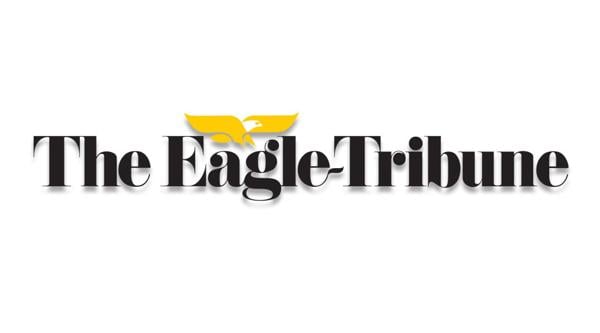Former Meta Manager Claims Company Bypassed Apple Privacy Rules

A former product manager at Meta, Samujjal Purkayastha, alleges that the company circumvented Apple’s privacy measures, specifically the App Tracking Transparency (ATT) framework. Purkayastha contends he was dismissed after he raised concerns about these practices internally. He claims that Meta exploited methods to identify Apple users who opted out of app tracking, which could potentially cost the company approximately $10 billion in lost revenue annually.
Concerns Over Privacy Violations
The introduction of ATT in 2021 required companies to obtain user consent for tracking across apps. This change significantly impacted Meta’s business model, which relies heavily on tailored advertising by tracking users’ behaviors. Following the implementation of ATT, many users chose to decline tracking, leading to a substantial drop in Meta’s advertising revenue. According to financial reports, Meta’s Chief Financial Officer warned investors of an estimated annual loss of around $10 billion due to this policy.
Purkayastha claims that, despite ATT’s regulations, Meta created workarounds to continue tracking users who had opted out. He argues that the company linked user data with other information to monitor activity on different websites without their consent. This practice, he asserts, is in direct violation of Apple’s privacy policies, which were designed to protect user data.
Legal Action and Company Response
In response to his termination, Purkayastha has taken his case to an employment tribunal, alleging unlawful dismissal for raising concerns about these tracking practices. He contends that a clandestine team within Meta engaged in “deterministic matching,” which involved gathering identifiable information to connect data across various platforms, thereby undermining the privacy protections that Apple mandated.
Meta, on the other hand, has denied any wrongdoing, asserting that Purkayastha’s dismissal was unrelated to his claims. The company maintains that it adheres to all privacy laws and regulations. As the tribunal has yet to reach a decision, a full hearing is scheduled for later this year.
This case highlights ongoing tensions between advertising practices and user privacy, particularly as companies like Meta navigate new regulations aimed at protecting consumer data. The outcome of this tribunal could have significant implications not only for Meta but also for the broader tech industry as it grapples with privacy concerns in an increasingly regulated environment.






